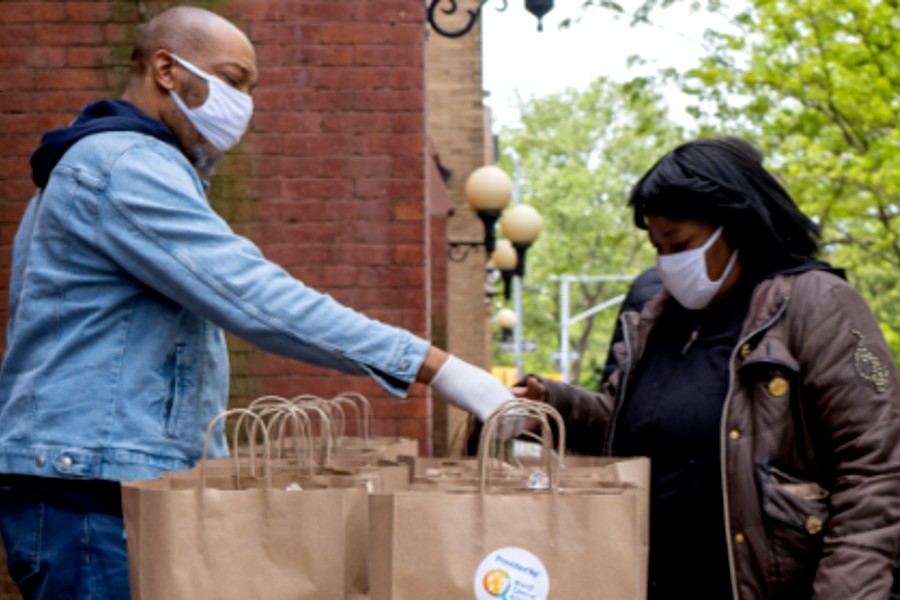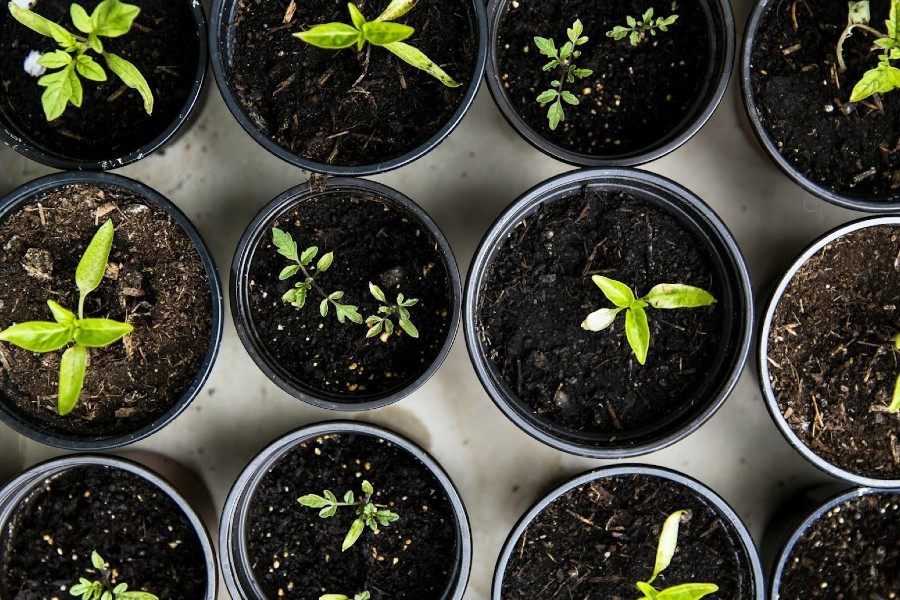 The Health Department today released new data on lack of sleep among New York City school children and public high school students. On an average school night, 75 percent of high school students reported getting fewer than eight hours of sleep, and 11 percent of school children (ages 6 to 12 years) got inadequate sleep (less than nine hours). In this data brief, a link between less sleep and excessive screen time in school children was observed. Inadequate sleep was also found to be associated with poor mental health, including emotional and behavioral problems in children, and depressive symptoms in adolescents. The City has made mental health awareness a top priority with ThriveNYC, a 54-initiative mental health roadmap led by First Lady Chirlane McCray that includes various programs addressing mental health among New York City students. The full Epi Data Brief can be found here.
The Health Department today released new data on lack of sleep among New York City school children and public high school students. On an average school night, 75 percent of high school students reported getting fewer than eight hours of sleep, and 11 percent of school children (ages 6 to 12 years) got inadequate sleep (less than nine hours). In this data brief, a link between less sleep and excessive screen time in school children was observed. Inadequate sleep was also found to be associated with poor mental health, including emotional and behavioral problems in children, and depressive symptoms in adolescents. The City has made mental health awareness a top priority with ThriveNYC, a 54-initiative mental health roadmap led by First Lady Chirlane McCray that includes various programs addressing mental health among New York City students. The full Epi Data Brief can be found here.
“New York is well known as the city that doesn’t sleep, but for our school children and adolescents, getting adequate sleep is a key part of maintaining emotional and physical wellbeing,” said Health Commissioner Dr. Mary T. Bassett. “As the City expands mental health services through ThriveNYC, we ask parents to work with us in making sure our children spend less time on electronic devices and more time on getting a full night’s rest.”
The American Academy of Pediatrics (AAP) defines adequate sleep among school children (ages 6 to 12 years) as getting nine to 12 hours of sleep; among adolescents (ages 13 to 18 years), adequate sleep is defined as getting eight to ten hours of sleep. Although most studies focus on a lack of sleep, getting too much sleep has also been shown to be linked with certain physical and mental health problems.
Excessive time spent on electronic devices – defined as two or more hours on an average weekday for school children, and four or more hours on an average school day for adolescents – was linked to inadequate sleep in school children, but not among adolescents. Approximately two-thirds (66 percent) of school children and half of adolescents (53 percent) spent excessive time on screens on an average school day.
In addition, inadequate sleep (amounts outside of what the AAP recommends) was associated with a higher prevalence of emotional and behavioral problems in both school children and adolescents. School children who got inadequate sleep were more likely to have emotional and behavioral problems. Adolescents who got inadequate sleep were more likely to report depressive symptoms, self-injury, and suicidal tendencies during the past year when compared to those adolescents who got adequate sleep.
“As a former educator, I know how important a good night’s sleep is for a young person’s health and well-being,” said Council Member Mark Treyger (47th District, Chair of the Council’s Committee on Education). “Electronic devices can be a valuable resource, but they become a deleterious distraction when they interfere with a healthy sleep pattern. I commend First Lady McCray, Commissioner Bassett, and DOHMH for releasing this integral data and working to build the City’s capacity to help New Yorkers of all ages maintain good mental health. I urge all parents and guardians to set restrictions on screen time so children can get the rest that developing minds need.”
The Epi Data Brief data come from the 2015 New York City Youth Risk Behavior Survey (YRBS) and the 2015 Child Health, Emotional Wellness and Development Survey (CHEWDS). The YRBS is a biennial, self-administered, anonymous survey conducted among public high school students. CHEWDS is a population-based telephone survey conducted by the Health Department among selected households in New York City with at least one child aged 12 years or younger residing in the household.
To address the issues of depression, suicide and mental health among New York City students, the City has expanded its range of mental health supports to schools that include:
- Youth Mental Health First Aid As part of ThriveNYC, Mental Health First Aid trains New Yorkers to identify and respond to signs of mental health and substance use challenges. The Youth Mental Health First Aid program educates adults on how to recognize signs and symptoms of mental health disorders in adolescents ages 12 to 18 years. In addition, the Department of Education is offering this training to schools throughout the course of the school year. To register for a free Youth Mental Health First Aid training class visit: nyc.gov/mhfa
- NYC Well In 2016, First Lady Chirlane McCray and Health Commissioner Bassett announced NYC Well, a one-click, one-call connection to counseling, crisis intervention, peer support, and referrals to ongoing treatment services. NYC Well, a cornerstone of ThriveNYC, is available 24/7, 365 days a year through phone, text, and chat. If you or someone you know needs help, call 1-888-NYC-WELL.
Suicide is preventable and supportive adults play critical roles in the lives of young people at risk for suicide. Learn the risk factors and warning signs of suicide, along with the specific protective factors that keep people safe, by visiting: http://www1.nyc.gov/site/doh/health/health-topics/suicide-prevention.page.
For more information on ThriveNYC, visit nyc.gov/thrivenyc
Become a Harlem Insider!
By submitting this form, you are consenting to receive marketing emails from: Harlem World Magazine, 2521 1/2 west 42nd street, Los Angeles, CA, 90008, https://www.harlemworldmagazine.com. You can revoke your consent to receive emails at any time by using the SafeUnsubscribe® link, found at the bottom of every email. Emails are serviced by Constant Contact








